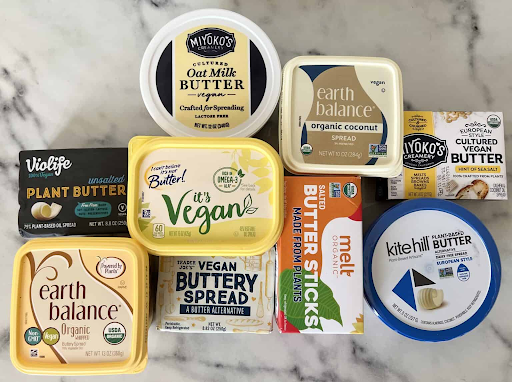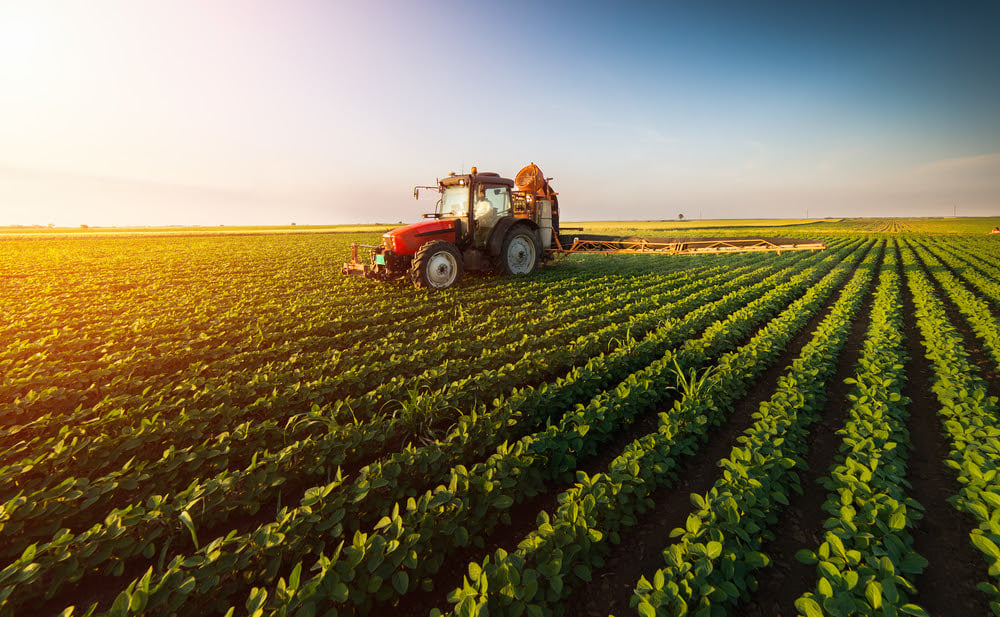Hey Radical Health Seekers 👋
Coming up in your newsletter this week:
- Bees are dying, and it’s a problem…
- Why a plant-based diet creates wildlife “dead zones”…
- How wildlife can thrive when we eat well-raised animals from regenerative farms…
- And the scientists calling out the “plant-based zealots” and warning the world that livestock farming is crucial for human health
Meanwhile, over on Twitter:

Bees are dying and it’s a problem 🐝

Honey bees are dying in record rates, believed to be due to a combination of pesticide use, habitat loss, and parasites.
This could threaten global food supply, because we rely on bees to pollinate over two-thirds of our crops, including those avocados, apples, squashes, blueberries, (insert fruit of choice) that you love so much.
Now many people have adopted a plant-based diet to support the environment, and wildlife like bees…
But as well-intentioned as they might be, this is one of the WORST diets they could choose for the environment (and their health, but that’s a different newsletter).
If they really want to support the environment, they would be best eating an animal-based diet of local, grass-fed meat, dairy and organic fruits.
Let’s take a look 👀
Plant-based agriculture is a dead zone
There are only so much vegetables you can eat on a plant-based diet, so the bulk of calories usually comes from grains (breads, cereals, crackers, etc), beans, nuts, seeds, and fruits…
And of course there are plenty of highly-processed plant-based options available too, like sausage-free sausages…
Burger-free burgers…

Butter-free butters…

Milk-free milk…

And even egg-free eggs 🤯

What a world to live in!!!
But of course, look under the hood, and we know these ‘foods’ are still an ultra-processed abomination of beans, seed oils, grains, stabilizers, emulsifiers and additives.
And besides being terrible for our health, these foods are also terrible for wildlife.
Because the vast majority of these foods come from highly intensive monocropping systems that look like this:

Millions of acres of dead zones, nuked with pesticides and herbicides so that nothing else can live there… no insects or wildflowers. Not even a dandelion.
Plant-based kills animals. Lots of them, including bees.
And it isn’t just the pesticides that do the killing. It’s also habitat destruction, because there is nothing in the dead zone for a bee to pollinate.
Nothing in the dead zone for a bird, butterfly or gopher either.
Regenerative farming supports wildlife 🐰
The best way to support bees and other wildlife is to support your local regenerative farmer. Vote with your dollar.
Because regenerative farming creates a healthy pasture ecosystem where cattle (or sheep, bison, pasture-raised chickens, etc) are raised on grass.
This mimics how herds of bison used to migrate through the plains, biting and trampling pasture while depositing manure, before moving to the next spot and allowing the previously grazed area to rest.

And there is no need for pesticides or herbicides because the system works with nature, not against it.
This provides a more diverse environment for flowering plants, which supports healthy bee populations.
Go visit your nearest regenerative rancher and you will see large pastures of happy grazing cows…
And not only are those pastures producing the healthiest and most sustainable food on the planet, but they are supporting bees, butterflies, wildflowers, birds and other animals.
Thankfully, the world and scientists slowly seem to be catching on to the importance of livestock:

“Nine scientific research papers published in the most recent world-renowned journal Animal Frontiers have confirmed the critical role red meat and livestock play in society, arguing that animal agriculture is key to the challenges around climate change and global food security.
The papers published in Animal Frontiers can be read online here.
Animal Frontiers is the third most-cited journal in agriculture, dairy and animal science.
The journal edition’s guest editors and authors are among the nearly 1,000 signatories of a declaration warning that livestock systems are too precious to society to become the victim of simplification and reductionism”
If we genuinely want to support our environment, wildlife, ecosystems and bees, then we should support regenerative farmers raising well-raised animals.
This is a win-win, because it also supports local communities, farm families, AND your health!
Radical Health Hero Of The Week 👊
Meet Benjamin:

He told us:
Using your Beef Organs product with an animal based diet has been amazing.
I no longer feel like I need afternoon coffee or a nap before my afternoon training sessions. I have a healthy, consistent energy through the day, and my mental clarity has seen a significant improvement.
Physically, I have also seen strong gains.
As an experienced athlete and lifter I saw my deadlift improve 20 pounds and deadlifted 500lbs at 169 pounds body weight.
I highly recommend Heart and Soil products used within an animal based diet.
It’s a total game changer. I’m in my early 30’s and I feel 27 again (really, this is what I tell people because it’s true haha).
We are STOKED for Benjamin’s success! 🙌
That’s all from us this weekend 👋🏼
Stay Radical!
The Heart & Soil Team
P.S. Know someone who could benefit from this newsletter? Please forward it to them and introduce them to Radical Health!
P.P.S. If you’re reading for the first time, subscribe here.
Subscribe to future articles like this: